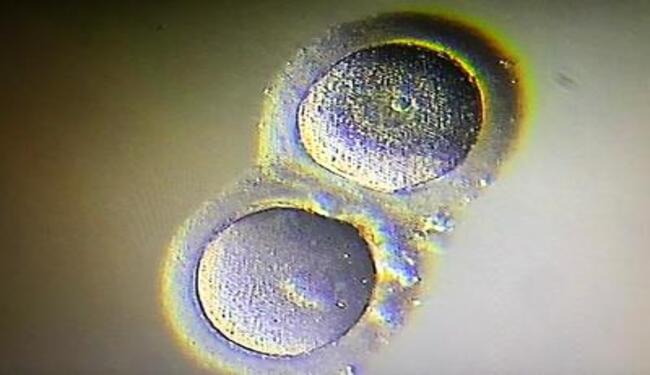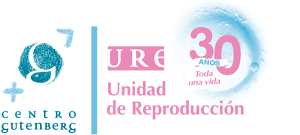The egg retrieval process, step by step

There are going to be many important moments throughout the course of your in Vitro Fertilisation treatment. One of them is the egg retrieval, the procedure during which your doctor will collect eggs from your ovaries to be used in the IVF laboratory in order to make your dream of becoming a mother come true.
But… what does the egg retrieval really involve? How long does it take? What procedure is performed? In this article we are going to try to explain to you how the egg retrieval is carried out, step by step, so that you will feel relaxed and know what to expect during this stage of your in Vitro Fertilisation treatment when the time comes.
The steps leading up to egg retrieval
During each menstrual cycle a female normally produces one single egg. This mature egg is a structure we call a follicle that increases in size due to hormone activity as ovulation approaches.
We need more than one egg in order to work in the IVF laboratory. The ideal scenario is to have at least 8-10 eggs to work with, though this number may vary and mainly depends on the age of the female.
Therefore, we are going to help your ovaries work harder than usual leading up to the egg retrieval so that they produce more than just one single egg. This is done by giving you medication in the form of hormones for a period of time that can range from approximately seven to fourteen days (the average time is ten days).
This is how we are able to stimulate your ovaries to produce more than one egg. By having a greater number of eggs to work with, you’re more likely to achieve a good fertilisation rate, a greater number of developing embryos and higher odds for a successful embryo transfer. It’s that easy.
Throughout this stage of the ovarian stimulation your assisted reproduction specialist will monitor you very closely by periodically performing ultrasound scans and blood tests to check hormone levels. You will most likely need to come to the clinic every two to three days so that we can monitor you.
When will it be time for the egg retrieval?
Once your doctor has determined, after several ultrasound scans, that the size of your follicles is ideal and that your estradiol hormone level is optimal, the egg retrieval procedure will be arranged. You will administer a hormone called hCG (Ovitrelle®), which triggers final maturation of the eggs. Your egg retrieval will take place about 36 hours after your Ovitrelle® injection.
The egg retrieval is an outpatient procedure, meaning that it does not require hospital admission. It is performed in an operating theatre that has been specifically adapted for assisted reproduction and that is equipped with a transvaginal ultrasound, egg retrieval guides and an aspiration pump, in addition to routine operating theatre equipment. The operating theatre needs to be located near the IVF laboratory, as the embryologist’s work in the laboratory will begin as soon as the eggs have been collected.
In order to undergo the egg retrieval procedure you must be fasting and it is advisable to avoid using perfume or makeup. Patients normally receive anaesthesia (deep sedation), so that they’ll be sleeping and relaxed. In special cases it is possible to carry out the egg retrieval without anaesthesia (when there are only one or two follicles to be aspirated), but we always recommend considering your wellbeing and peace of mind first and foremost. It’s a very special moment and it’s important that you are relaxed.
Once you’ve fallen asleep your doctor will insert a sterile needle into your vagina, guided by an ultrasound, in order to aspirate your follicles. The needle will be placed into each follicle one by one in order to suction and collect the follicular fluid which will travel to a test tube through a catheter. The follicular fluid that’s collected contains the eggs. Right after this the test tube will be taken to the in Vitro Fertilisation laboratory where the embryologist will observe, count and determine how many mature eggs have been collected.
The egg retrieval procedure takes between fifteen to twenty minutes, and two to three hours later the patient will be ready to be discharged and to go home. There are some risks associated with the egg retrieval, as with any medical procedure, though they are very infrequent and the majority of patients do not develop any side effects; these risks are normally related to the medication used for sedation or to the procedure itself (needle inserted into each ovary to retrieval follicular fluid). In general, however, patients can resume their normal daily activities with minimal restrictions after the egg retrieval.
Do you still have questions about the egg retrieval procedure? Are you looking for a specialist in assisted reproduction? Remember that your first appointment with us is completely free.
You can request an appointment by calling us 0034 952 122 565, or you can do it online here.

